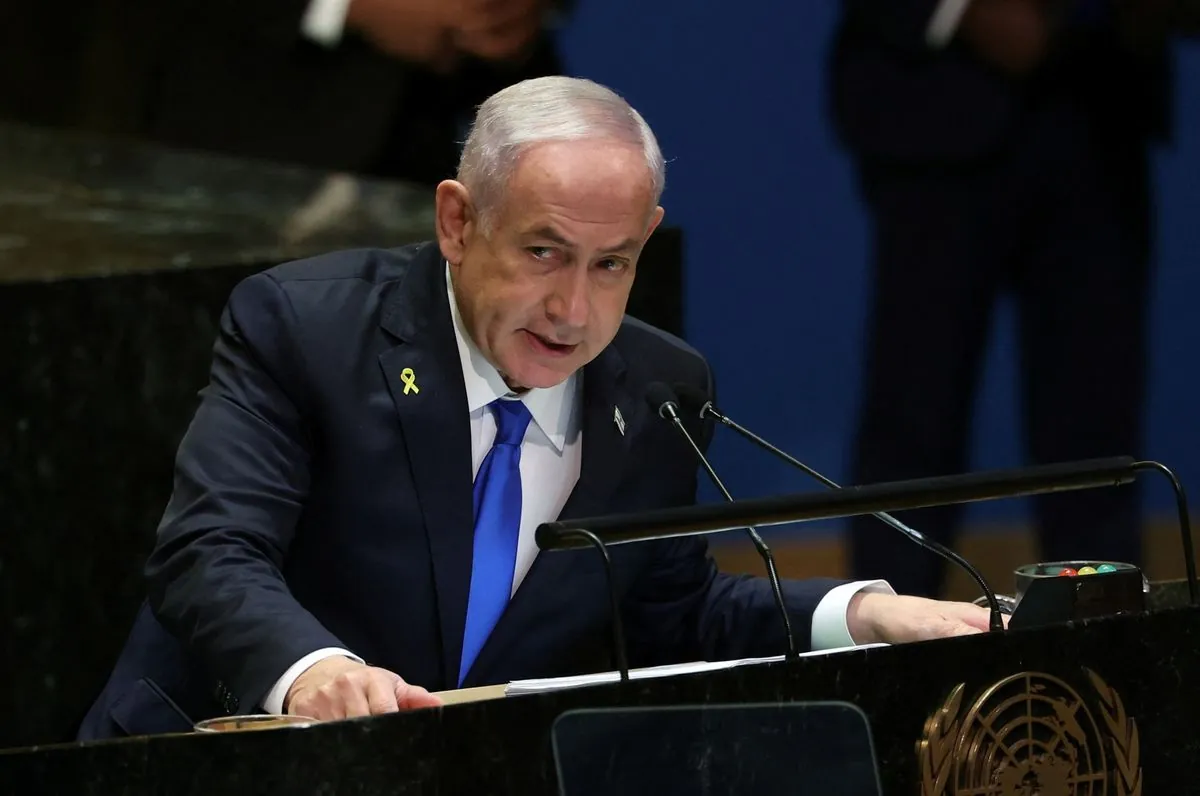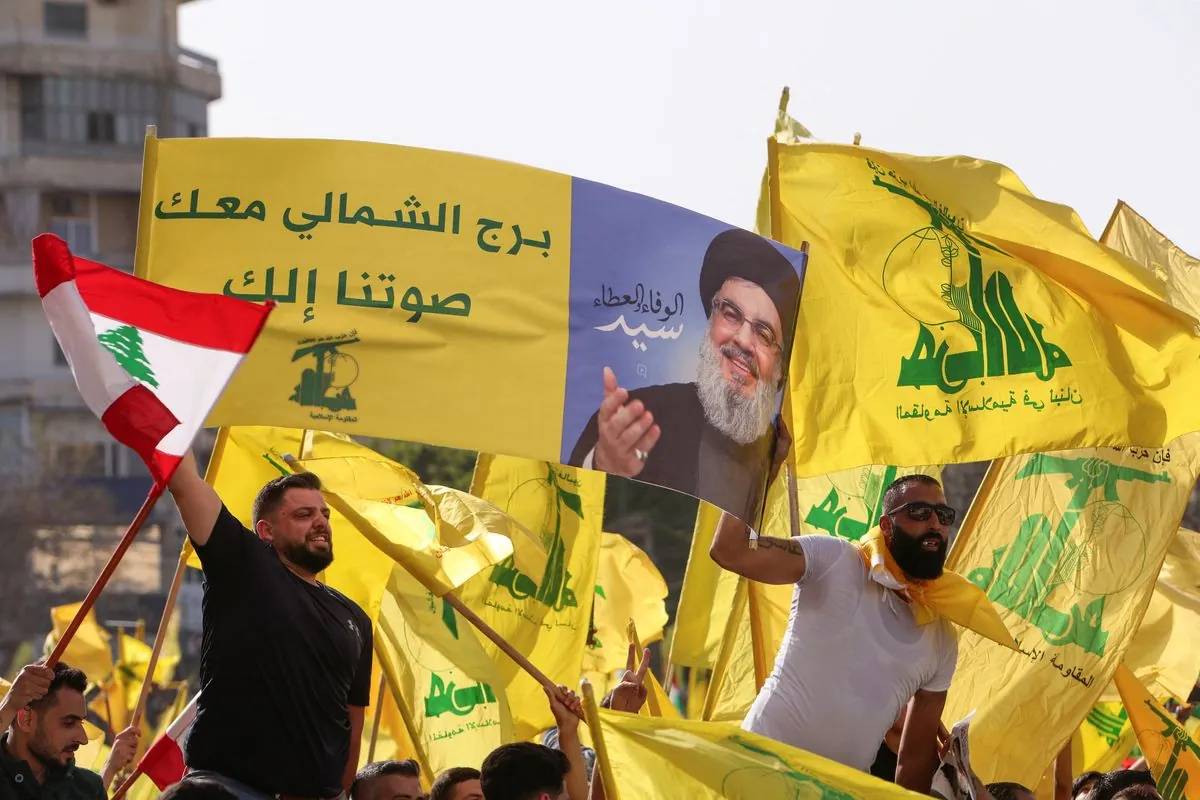Netanyahu Warns Iran: Israel's Reach Extends Across Middle East
Israeli PM Netanyahu addresses Iranians, warning of Israel's far-reaching capabilities. He criticizes Iran's government for regional conflicts, referencing recent actions against Hezbollah.

In a recent address, Benjamin Netanyahu, Israel's Prime Minister, delivered a stern message to the Iranian populace, asserting Israel's extensive operational reach across the Middle East. This communication comes in the wake of significant regional developments, including military actions against Iranian-aligned groups.
Netanyahu's three-minute video, released on September 30, 2024, emphasized Israel's capability to conduct operations throughout the region. "There is nowhere in the Middle East Israel cannot reach," he stated, underscoring the nation's commitment to safeguarding its interests.
The Israeli leader's remarks follow a period of heightened tensions, marked by increased military activity. Notably, two days prior to the address, Israeli forces conducted airstrikes in Beirut, resulting in the death of a prominent Hezbollah figure. This event highlights the ongoing conflict between Israel and Iranian-backed militant groups in the region.

Israel's strategic posture in the Middle East has been shaped by decades of geopolitical tensions. Since the Iranian Revolution in 1979, relations between Israel and Iran have been characterized by hostility. This long-standing conflict has influenced regional dynamics, with Iran supporting various militant groups across the Middle East, collectively known as the "Axis of Resistance."
Netanyahu criticized the Iranian government's role in regional conflicts, stating that it was pushing the Middle East "deeper into war" at the expense of its own citizens. He suggested that peace between Israel and Iran would only be possible when Iran is "free," a change he predicted might occur sooner than anticipated.
The Israeli Prime Minister's address also touched upon the broader context of Israel's military operations. Israel has intensified its actions against Hezbollah targets in Lebanon, reflecting the complex web of alliances and conflicts in the region. Hezbollah, founded in 1985 during the Lebanese Civil War, is considered one of the most formidable militant groups aligned with Iran.
Israel's approach to regional security involves a multifaceted strategy. The nation maintains a policy of strategic ambiguity regarding its nuclear capabilities and has developed advanced defense systems like the Iron Dome. Additionally, Israel has been attributed with conducting covert operations against Iranian targets and has carried out airstrikes in Syria targeting Iranian-linked facilities.
The ongoing tensions between Israel and Iran have manifested in various forms, including cyber warfare and concerns over Iran's ballistic missile program. The assassination of Iranian nuclear scientists, attributed to Israel by some sources, further illustrates the covert nature of this conflict.
Netanyahu's message also alluded to the broader geopolitical landscape, including international efforts to address Iran's nuclear ambitions. The Joint Comprehensive Plan of Action (JCPOA), a landmark nuclear deal involving Iran, has been a significant point of contention in recent years.
As regional tensions persist, the Strait of Hormuz remains a critical flashpoint, given its importance for global oil transport. The ongoing Syrian Civil War has further complicated the Israel-Iran dynamic, intensifying concerns about Iran's influence in the region.
In conclusion, Netanyahu's address to the Iranian people reflects the complex and volatile nature of Middle Eastern geopolitics. As Israel asserts its capability to act across the region, the international community continues to watch closely, aware of the potential for further escalation in this long-standing conflict.
"There is nowhere in the Middle East Israel cannot reach. There is nowhere we will not go to protect our people and protect our country."


































